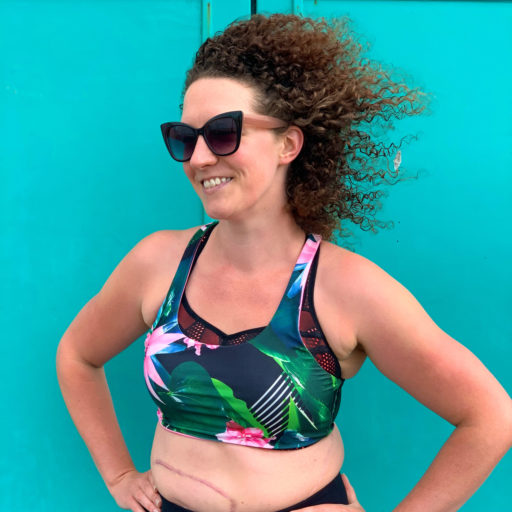Last week, I shared that I’ve recently been through the whirlpool of a potential tumour recurrence. Thankfully, there was nothing to be found and I was cleared again – see last week’s post for details. The experience taught me some valuable lessons, and I wanted to share them in case they can be of benefit to others…
Advocate for yourself
I talk about patient advocacy regularly with my clients and via my social media pages. It can be truly exhausting speaking up for yourself constantly, but it’s the only way to get the answers you need. Anxious as I was throughout this experience, I used the knowledge and skills I’d gained previously to full effect.
Learn the medical lingo, and use it. Use it to describe symptoms, navigate your body, discuss your condition. The ears of the medical world prick up when professionals hear their own language. Tough as it is to hear, they don’t want to hear things like, “there’s this weird thing…” or, “I can’t remember when it started, but…” or, “it felt different last week, but I can’t remember how”.
They want specifics (keep a diary), they want words they can use (for example, lumps might be described as irregular, firm, tender, relapsing, and tend to have a size comparison to everyday objects – in last week’s post, I shared that my GP asked whether the lump might be the size of a seed or a grape). If you haven’t got the language yet, pay close attention to what your healthcare team says in conversation, and use letters and emails they copy you in on to broaden your vocabulary further. When you’re managing a long-term condition, you’ll soon be able to establish this.
Then: be prepared to give it your everything. Know what you want and need from an interaction. Politely and calmly insist until you get it (in this scenario, the hurdle that was particularly important to me was getting an urgent referral from my GP; I know that my ability to communicate was critical to my success).
Know your body…
The sensitive among us just know when something is wrong with them. It’s taken me a few years to recognise that I am really quite in tune with my body, which was what got me to a diagnosis in the first place.
There’s a fine line to being alert, and appreciating what’s happening in your body, and being too cautious. Post-treatment, it’s a case of learning what your baseline now is, what kind of symptoms are acceptable and which ones raise alarm bells. It’s also a frustratingly moveable feast – some symptoms change over time, some will relapse and remit persistently, and others will appear out of the woodwork with no warning.
I’ve learned to expect the unexpected. Nerve damage can still take me by surprise almost 18 years on from my non-cancer surgery. So for the most part, I aim to roll with the punches and satisfy myself that my body is continuing to try and heal, plus it’s dealing with whatever else I’ve thrown with it via gym training or general life.
I’m regularly told by coaches and medics that I’m in the “highly self-aware” category when it comes to my body. Which I realised recently is mostly true, but that there was a big hole in my knowledge…
You have to also learn about your body
As a personal trainer, I’ve studied a certain type of basic anatomy. I’ve picked up various other bits along the way. And a lot of content I see online can be helpful… until I remembered that I’d been treated for what is technically referred to as a rare disease, and that my surgery falls outside the most common of experiences.
What I mean by this is that there is a vast range of information readily available about conditions such as breast cancer. Videos and written pieces about how to self-check and which symptoms to look out for and what to expect post-treatment. For those of us who’ve simply had our abdominals rearranged (and not thanks to a hernia or a C-section or an ileostomy), there’s tumbleweed.
Much of my spiralling panic whilst I waited for my appointment was me frantically trying to rationalise. I wondered whether the lump I could feel could just be my bowel (or the varying contents of it!), or related to my menstrual cycle. Had I just trained too hard?! So many things went through my mind, and it helped me to learn that, should I get the all clear, I couldn’t leave the hospital until I knew my way around my body a bit better.
Fortunately, that ideal scenario happened, and the person who rebuilt my hardware was able to give me an external guided tour. I now have my tutorial. I have a map of my body, I know what “normal” is, and how to figure out whether or not I should be worried. It’s the last thing you might think of, but if you’re in a similar position, do ask how to check your body. If you’re told to look it up online, ask for references. Make sure you have those details, as they may just save your brain some trouble.
I consider myself incredibly fortunate
I am beyond grateful. For my health. To those who have helped me. And to have learned. This all could’ve been very different. I’m going to enjoy that it’s not.
